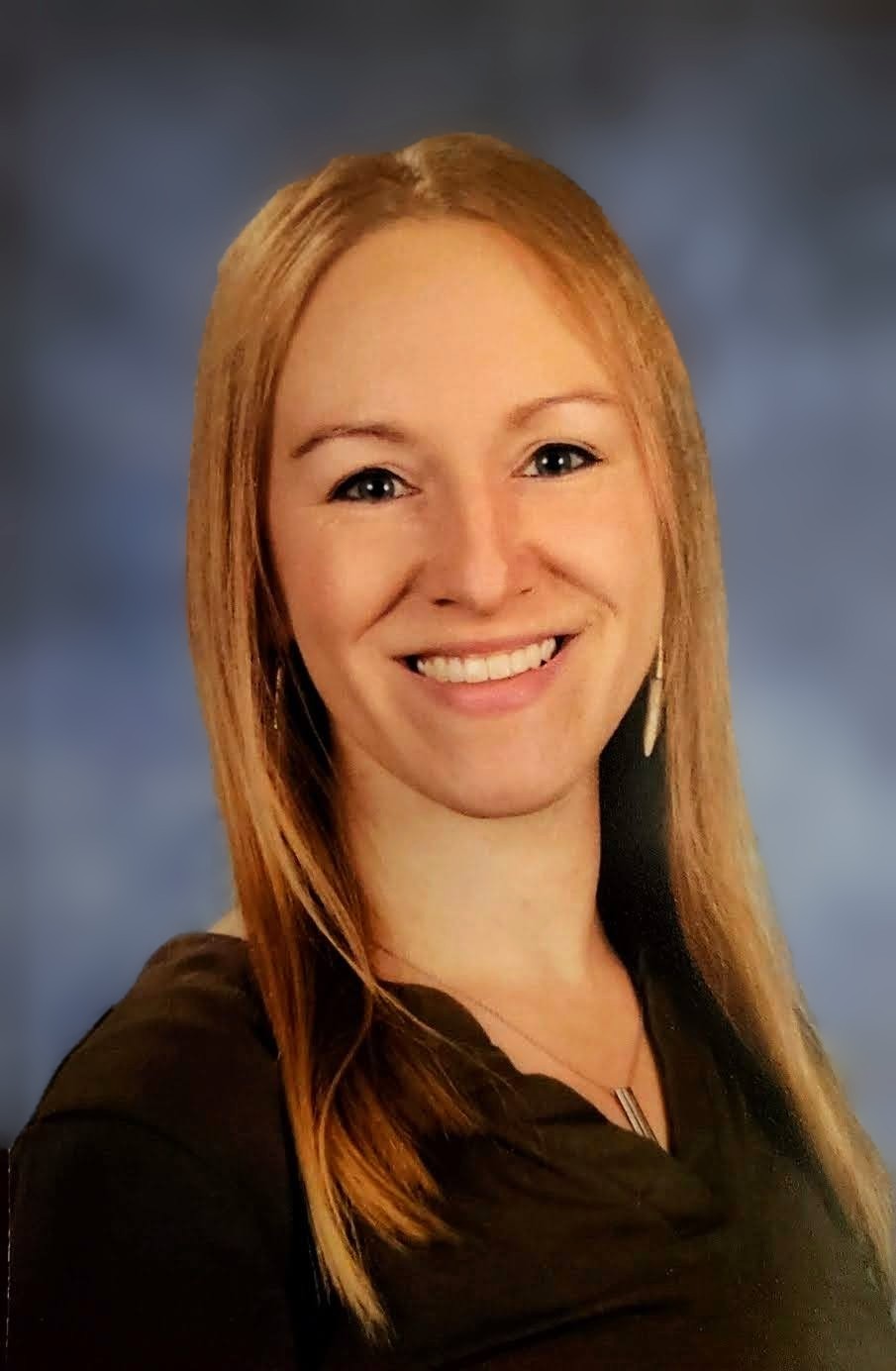What if Professional Development Didn’t Have to Mean More Meetings on your Calendar?
Back to Blogby: Kelly Aldinger
For educators and administrators alike, professional learning that’s meaningful, sustainable, and flexible is more essential—and more elusive—than ever. Teachers are navigating the shifting demands of instruction, administrators are responding to evolving policy and accountability frameworks, and higher education professionals are preparing future educators for culturally and linguistically diverse classrooms. How can we create PD that meets everyone where they are?
Enter the Book Relay—a collaborative model that blends the reflective depth of professional reading with the practical ease of asynchronous participation. Whether you're a K–12 teacher, instructional coach, administrator, or higher ed faculty member, this approach has something for you.
What if professional development didn’t have to mean more meetings on your calendar?
For educators and administrators alike, professional learning that’s meaningful, sustainable, and flexible is more essential—and more elusive—than ever. Teachers are navigating the shifting demands of instruction, administrators are responding to evolving policy and accountability frameworks, and higher education professionals are preparing future educators for culturally and linguistically diverse classrooms. How can we create PD that meets everyone where they are?
Enter the Book Relay—a collaborative model that blends the reflective depth of professional reading with the practical ease of asynchronous participation. Whether you're a K–12 teacher, instructional coach, administrator, or higher ed faculty member, this approach has something for you.
The Need for PD That Works for Teachers of Multilingual Learners
Teachers of multilingual learners (MLs) carry a unique and vital responsibility: ensuring equitable access to rigorous, grade-level content while fostering students’ language development. Yet many educators—both specialists and general education teachers—report feeling underprepared or isolated when it comes to addressing MLs' needs.
The reality?
- PD opportunities that focus specifically on MLs are still limited.
- Time constraints make it difficult for educators to attend one-size-fits-all workshops.
- Cross-disciplinary collaboration between ENL and content-area teachers is rare.
The Book Relay responds to these challenges with a model that is:
- Collaborative
- Flexible
- Asynchronous
- Reflective
- Low-cost
So…What Is a Book Relay?
Think a book club + sticky notes + professional reflection + zero calendar conflicts.
A Book Relay is a slow-paced, collaborative PD model where educators read curated professional books, annotate them with insights and questions, and pass them on to a colleague. By the end of the relay, participants have read multiple books—each layered with their colleagues' reflections.
How It Works:
1. Each participant starts with a different book related to a shared focus (e.g., multilingual learners, culturally responsive teaching, equity).
2. Read at your own pace over a set period (e.g., one month), adding sticky notes or digital annotations with:
- Insights
- Questions
- “Try-it-out” ideas
3. Pass the book along to the next participant in the relay.
4. Repeat monthly until everyone has read all the books.
5. Wrap up with a concluding meeting or share-out to reflect and celebrate learning.
Why Educators Love Book Relays
This model has become popular, receiving ample praise—and for good reason.
Flexibility
- No need to attend after-school workshops.
- Educators engage with the material when it fits their schedule.
- Annotations allow for asynchronous dialogue.
Relevance
- Books are selected based on participants’ roles, interests, and needs.
- Practical strategies are immediately transferable to classroom practice.
Collaboration
- Teachers interact through layered annotations, gaining multiple perspectives.
- Builds bridges between ENL specialists and content teachers.
- Encourages cross-grade and cross-departmental professional relationships.
Reflective Practice
- Writing sticky notes encourages deeper engagement with the material.
- Participants revisit and build on others’ reflections.
- Enhances metacognition and instructional intention.
Why Schools and Districts Should Pay Attention
The Book Relay doesn’t just support individual learning—it strengthens school communities and stretches PD dollars.
Cost-Effective
- A handful of books can support dozens of educators.
- Materials can be reused across years and staff.
Sustainable
- Once established, relays can run year after year.
- Promotes ongoing, embedded professional learning.
Community-Building
- Encourages peer-led learning and a culture of shared inquiry.
- Reduces silos between teachers, buildings, and grade levels.
A Few Challenges—and How to Handle Them
No PD model is perfect, but Book Relays are easy to troubleshoot with a little planning.
Potential Challenges:
- Delays in passing books ➡ Send reminder emails with pass-off dates.
- Varying engagement levels ➡ Provide reflection prompts and sticky note expectations.
- Lack of face-to-face time ➡ Host optional “coffee chats” or a final wrap-up meeting to share takeaways.
Final Thoughts
The Book Relay is a practical shift in how we think about PD. It respects educators’ time, leverages their insights, and fosters real collaboration. Whether you're supporting new teachers or experienced leaders, this model offers a scalable, adaptable, and inclusive approach to professional growth.
Let’s build professional learning communities where books and the sticky notes within them become catalysts for transformation.
Have you tried something like a Book Relay in your setting? What books would you include in your own relay? Let us know in the comments!
~~~~~~~~~~~~~~~~~~~~~~~~~~~~~~~~~~~~~~~~~~~~~~~~~~~~~~~~~~~~~~~~~~~~~~~~~~~~~~~~~~~~~~~~~~~~~~~~~~~~~~~~~~~~~~~~~~~~
Kelly Aldinger is a TESOL adjunct professor at Siena College and an English as a New Language educator in Upstate NY. Throughout her career, Kelly Aldinger has strived to create a more equitable and inclusive learning environment for multilingual students through active advocacy and collaboration with fellow educators. Kelly holds a Master’s degree in TESOL from Clarkson University and a Bachelor’s degree in Spanish and Linguistics from University at Buffalo. She can be reached at: LinkedIn: Kelly Ann Aldinger.

